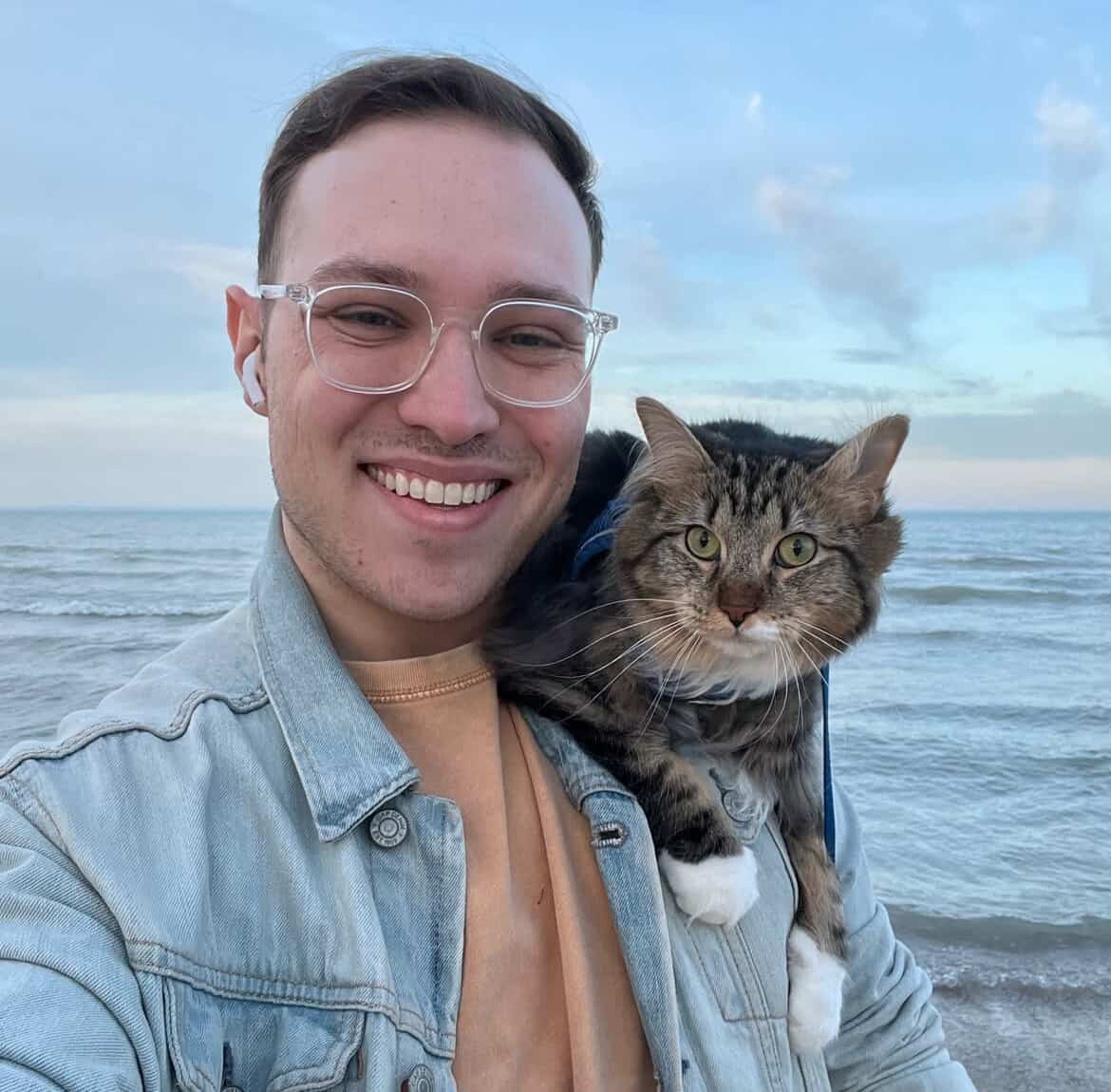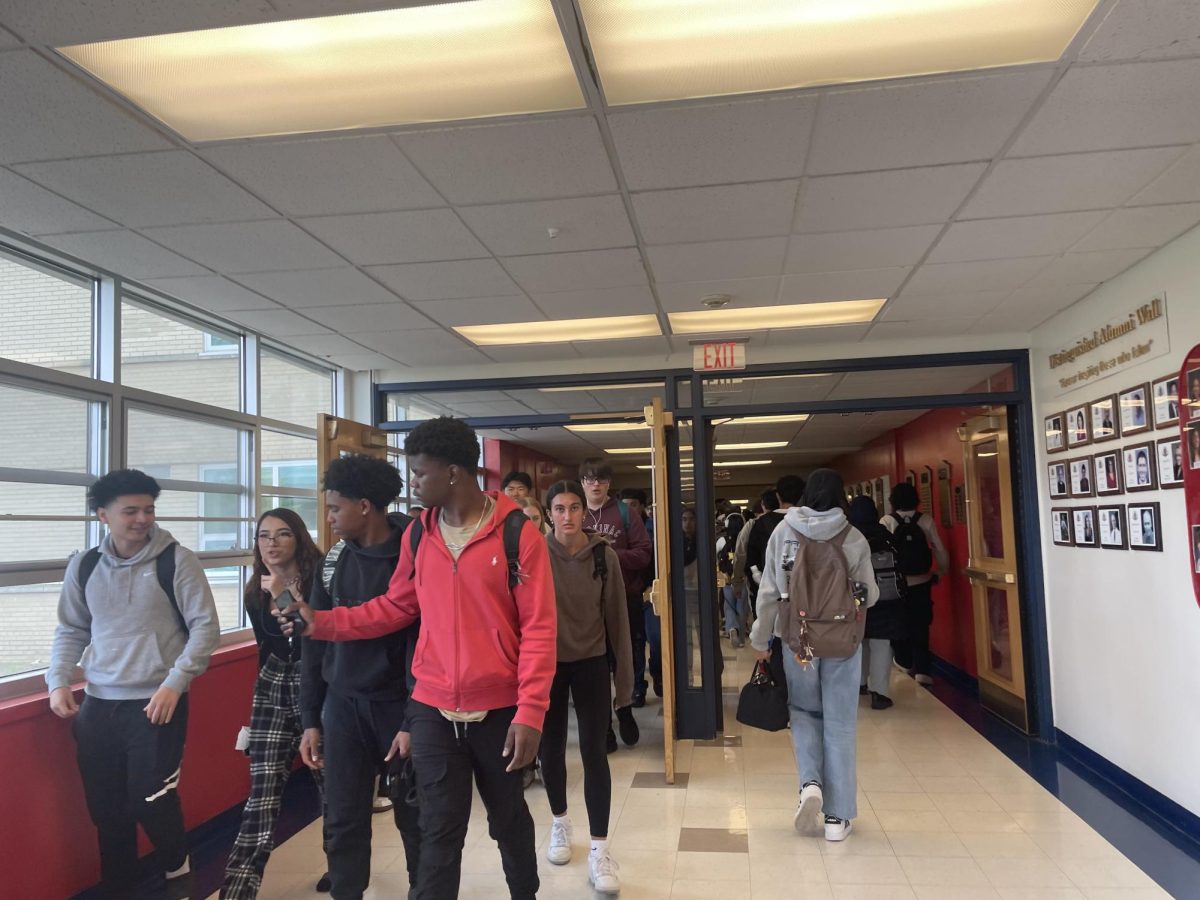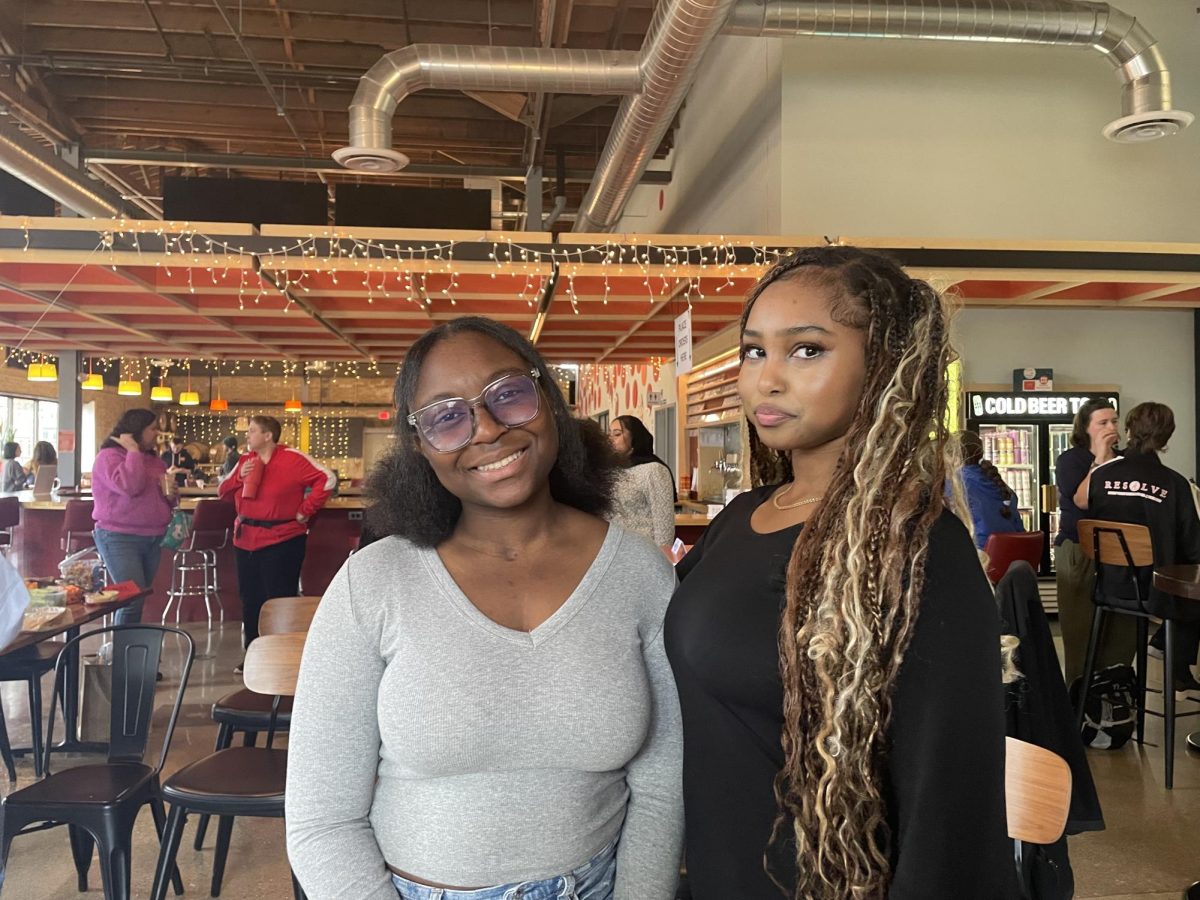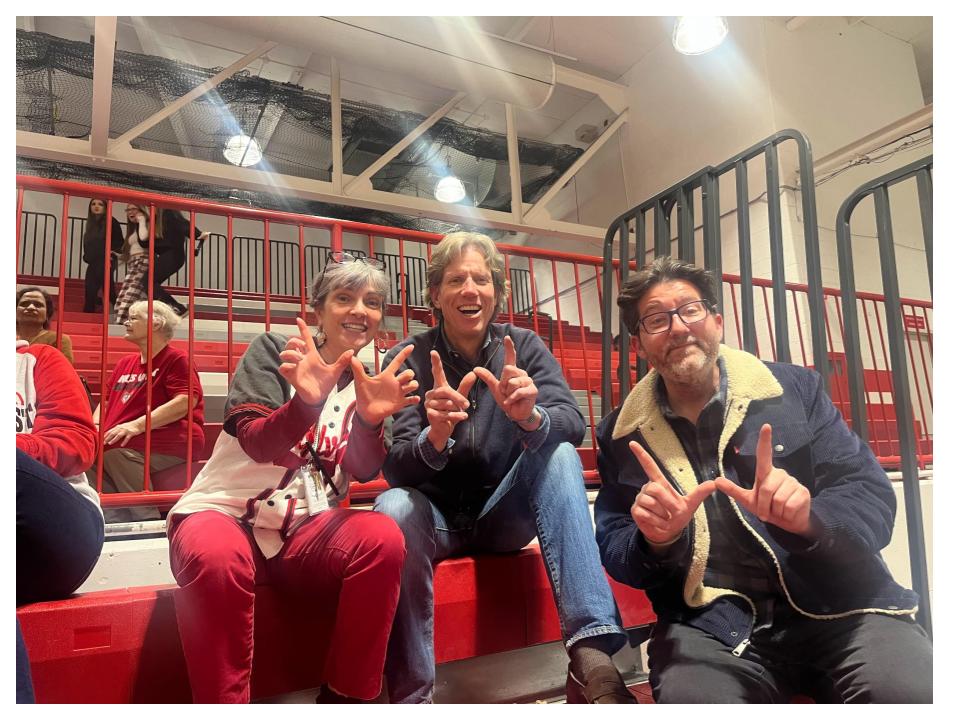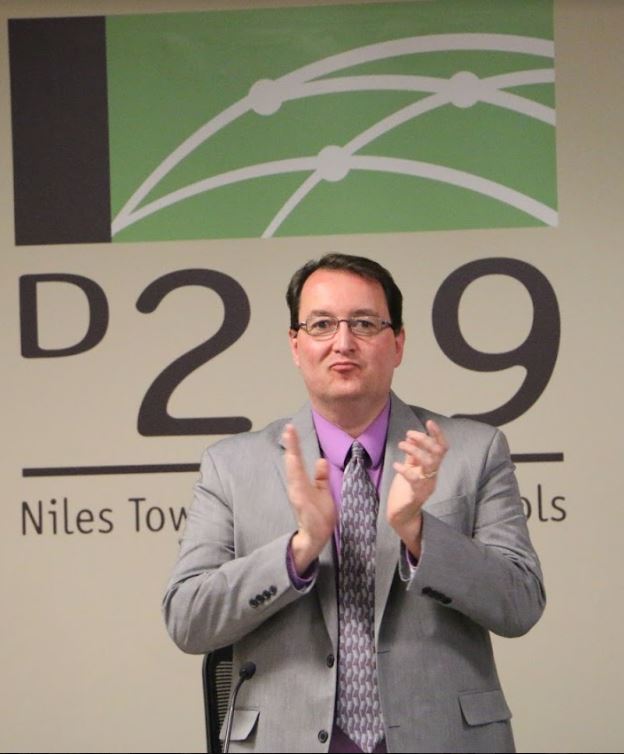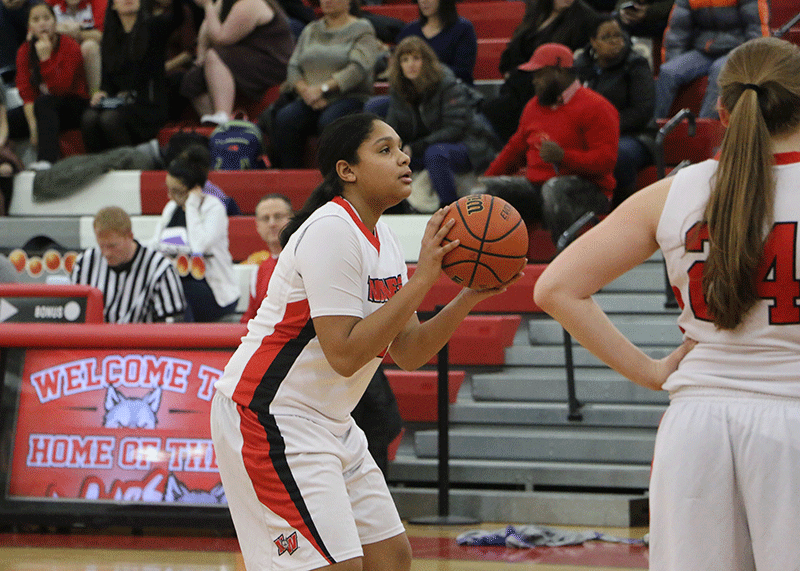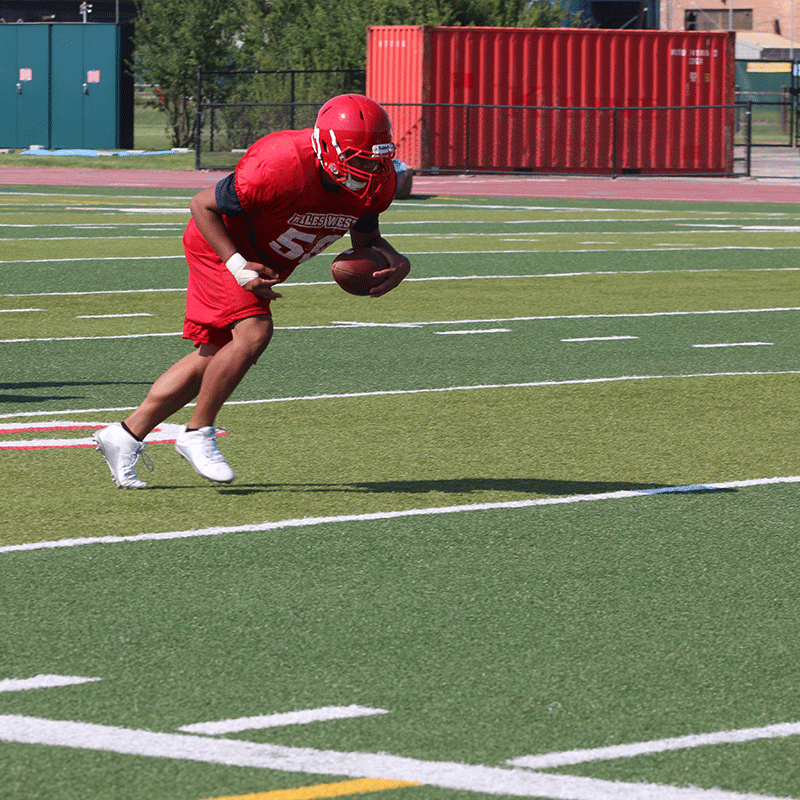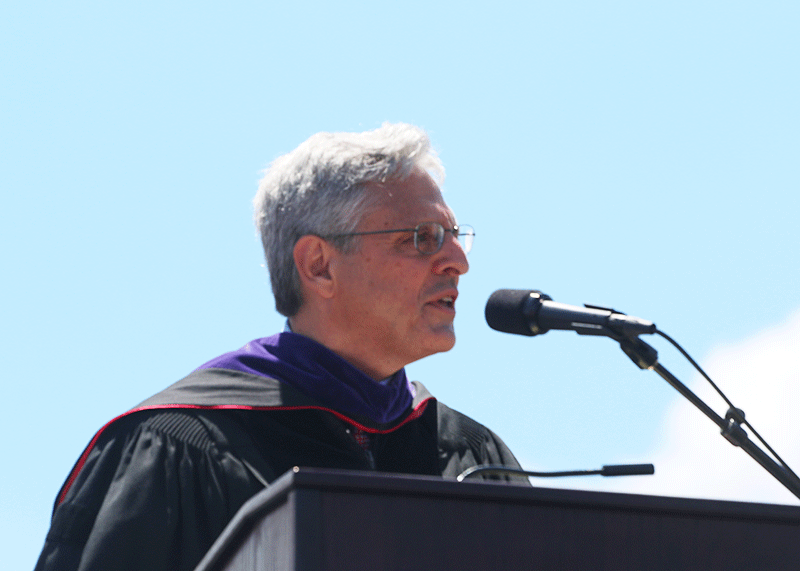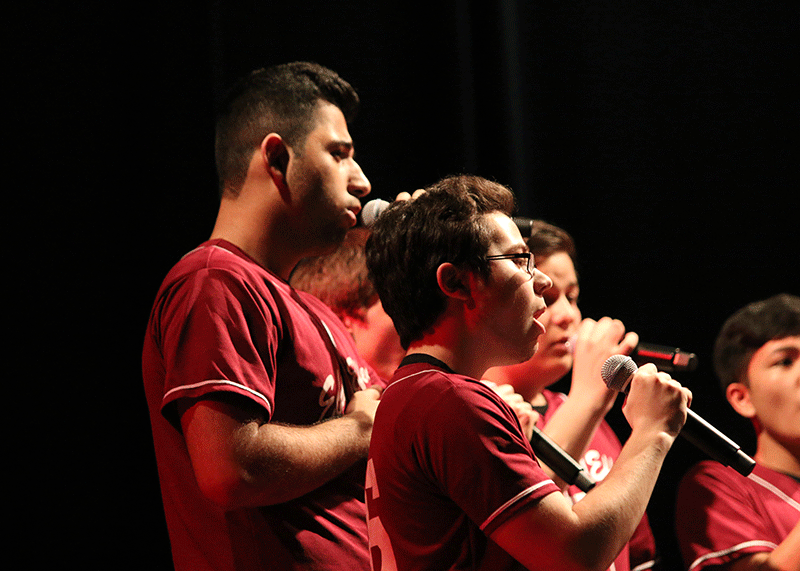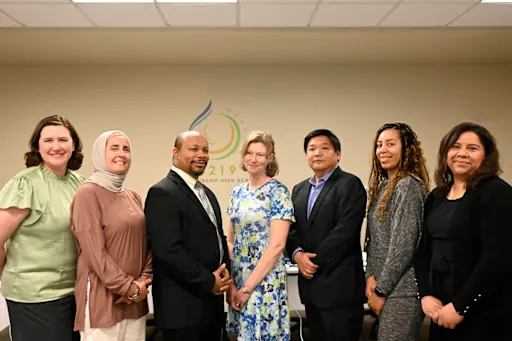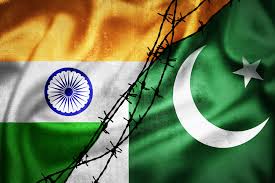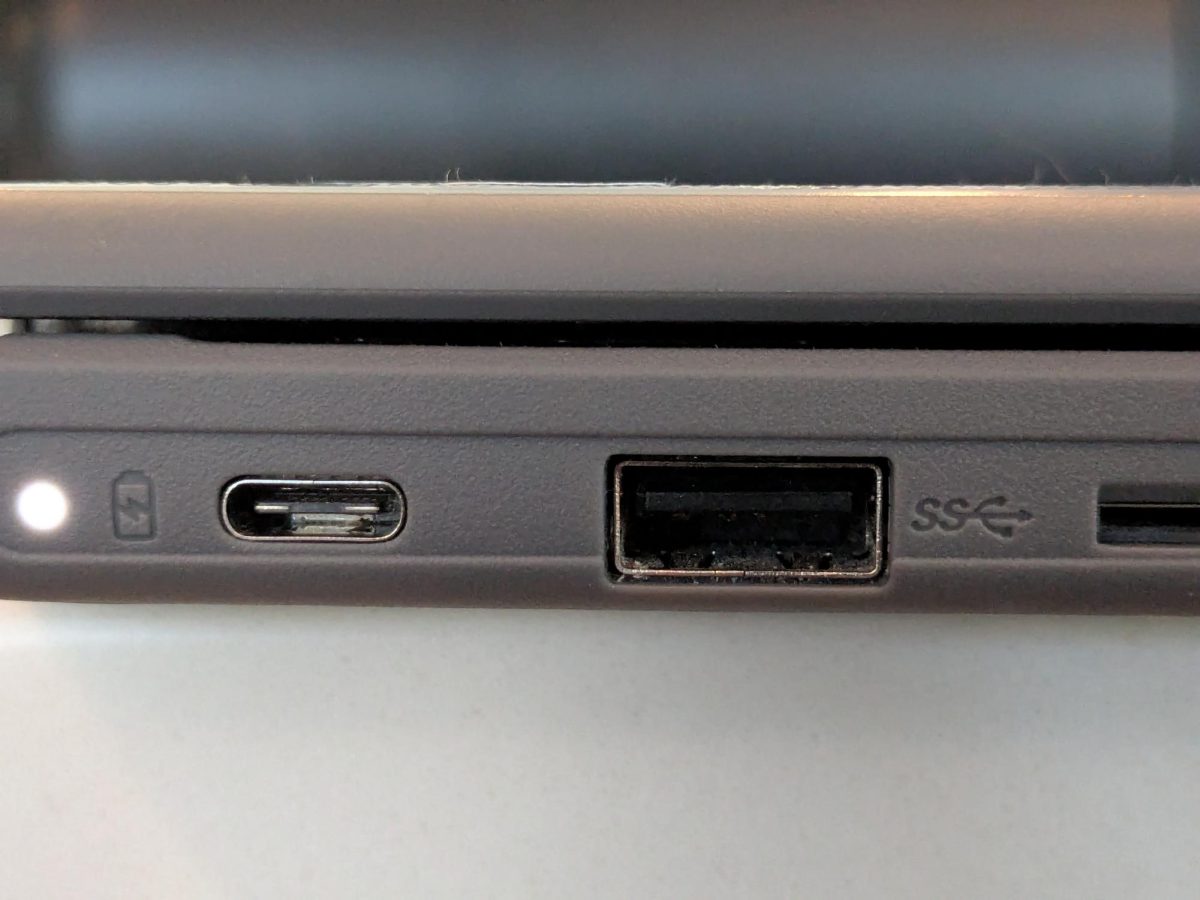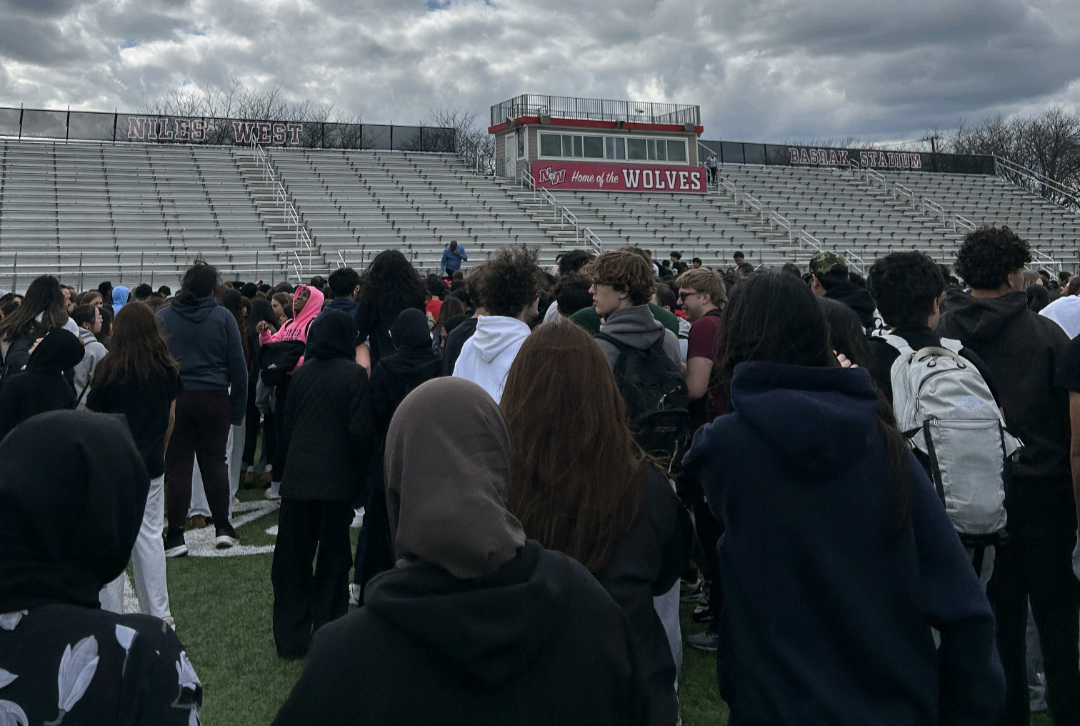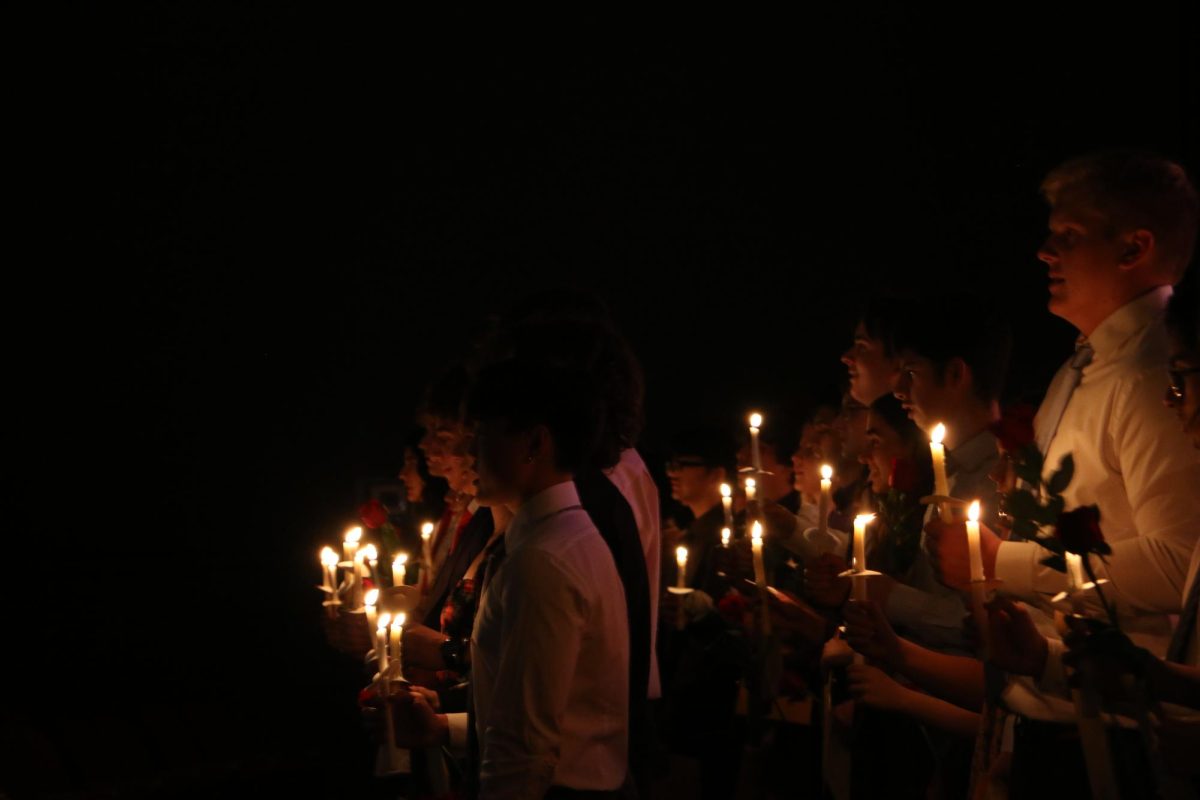It was a normal school day for 14-year-old Malala Yousafzai when she boarded the school bus with her friends on Oct. 9, ready to return home.
But who knew this would be one of the last normal days Malala would ever face?
After Malala and her friends were seated, a masked man entered the bus, weapon in hand. He pointed his gun at the girls on the bus and shouted, “Which one of you is Malala? Speak up, or otherwise I will shoot you all.”
Even though everyone else on the bus knew who Malala was, no one replied. The gunman quickly recognized Malala and shot her in the head and neck. He also injured two of her classmates: Kainat Riaz Ahmed and Shazia Ramzan.
Malala is a student who lived in the Pakistani province of Swat. She is known for speaking out for education and equal rights for women in Pakistan. During the time of Taliban rule in Swat, Yousafzai blogged under a pseudonym for the BBC. She was later named the chairperson of the District Child Assembly of Swat. She has also been nominated for many awards and recently won the National Youth Peace Prize.
This incident of the shooting of Yousafzai not only shattered her life, but also rocked her home nation. Residents of Pakistan and Muslims worldwide, including at Niles West, stood up to condemn this action of the Taliban, and all Islamic scholars have ruled unanimously that this heinous act was entirely un-Islamic.
President of Niles West Quran Study senior Zarin Sultana also condemned this action.
“The first word revealed in the Quran was Iqra, which means read,” Sultana said. “Reading opens doorways for us as it’s a path for gaining knowledge. Nowhere in the Quran does it say that gaining knowledge is just limited to men; it is mandatory that both sexes gain knowledge. So to say that the Taliban shot Malala on the premise of Islam is ridiculous.”
Pakistani junior Fariha Waheed also feels strongly about this horrible crime.
“It’s unfair and sometimes even unbelievable to hear about the treatment of some women in the world, but that’s because I live in a country where women are given almost, if not all, the same rights as men,” she said. “Malala didn’t ask for much, just an education, which everyone deserves. I find it funny that there are people out there who have committed crimes and actually done wrong that are out free, whereas innocent others have their lives taken away for doing absolutely nothing.”
During Taliban rule in Swat, Yousafzai, along with all other girls, was prohibited from attending school, but she risked her life and sneaked to school every day.
Yousafzai has become a hero of the youth of Pakistan. In times of desperation for the people of Pakistan, Yousafzai emerged as a symbol of hope. Her courage was an indication that Pakistan’s youth could change the country’s future and ensure a corruption-free and peaceful nation.
But, on Oct. 9, this light of hope was dimmed.
The Taliban claimed the responsibility for the attack and promised that they would not rest until they had killed her.
Yousafzai’s whole life instantly changed. She was initially treated in Pakistan’s hospitals, but was later sent to the United Kingdom. According to the BBC, Malala has recovered, but there is still a long way to go. There are damaged bones in her skull which need to be repaired. She has begun to walk and talk.
Pakistanis, like second-year medical student at DOW Medical College, Asma Amin, are accustomed to hearing about death, but Malala’s incident was shocking to Amin.
In a Facebook chatting session Amin said, “We hear about deaths everyday from bombs, drone attacks, floods, etc., but hearing about Malala was different. The idea that she was targeted because of her efforts to promote female education, her efforts to bring peace to her homeland, her efforts to raise her voice against the injustices around her was too much to comprehend.”
Senior Rehma Bokhari shares some of the same sentiments as Waheed.
“At first I was mad because she was just standing up for what she believed in. And every time I heard about her on the news about her condition, it made me even more mad because she didn’t deserve to go through this pain and suffering. Every time I prayed, I prayed for her well being. I prayed for her to have a painless recovery. When hearing that she regained conciseness, I was really happy. My Duas were answered by Allah!” said Bokhari.
As a woman earning an education, Amin fears the potential dangers the future may hold for her.
“I don’t know who is behind this, those who claim to be Taliban, but whoever these people are, it makes me scared about the future of my country where such extremist groups exist. A country where the women are illiterate can only have a bleak future. While urban areas of Pakistan are thriving and females are as liberal as could be, the rest of the country, which makes up a larger percentage, is facing barriers from various angles. It is easy for us to be oblivious about the rest of Pakistan while sitting in Karachi, but in the end of the day, this is a problem that has dawned mankind for centuries, and it is high time that it leaves,” said Amin via Facebook chat.
The first president of Pakistan, Quaid-e-Azam Muhammad Ali Jinnah, also believed the same ideal. He was quoted saying, “No nation can rise to the height of glory unless your women are side by side with you.”
This is the same fear against which Malala is fighting. She stepped out of her house to face circumstances where the word “danger” seemed like an understatement. She traveled to school every day, even though Taliban members stood at every street corner. She fought against that fear which was being ingrained in every female’s mind.
When asked about a possible resolution to these attacks, Amin said changes can only be carried out by a body of authority.
“As cliché as it may sound, the only hope we have is the government,” Amin said. “It is very important that they take a stand and take it upon themselves to protect schools where females are educated. From the school staff to the school buses in which these females commute, protection needs to be provided and extremists who act violently against the concept of female education need to be suppressed. Such tasks can only be carried out by a body of authority.”
Pakistani Bushra Ghaniwala contributed to this article via Facebook.




